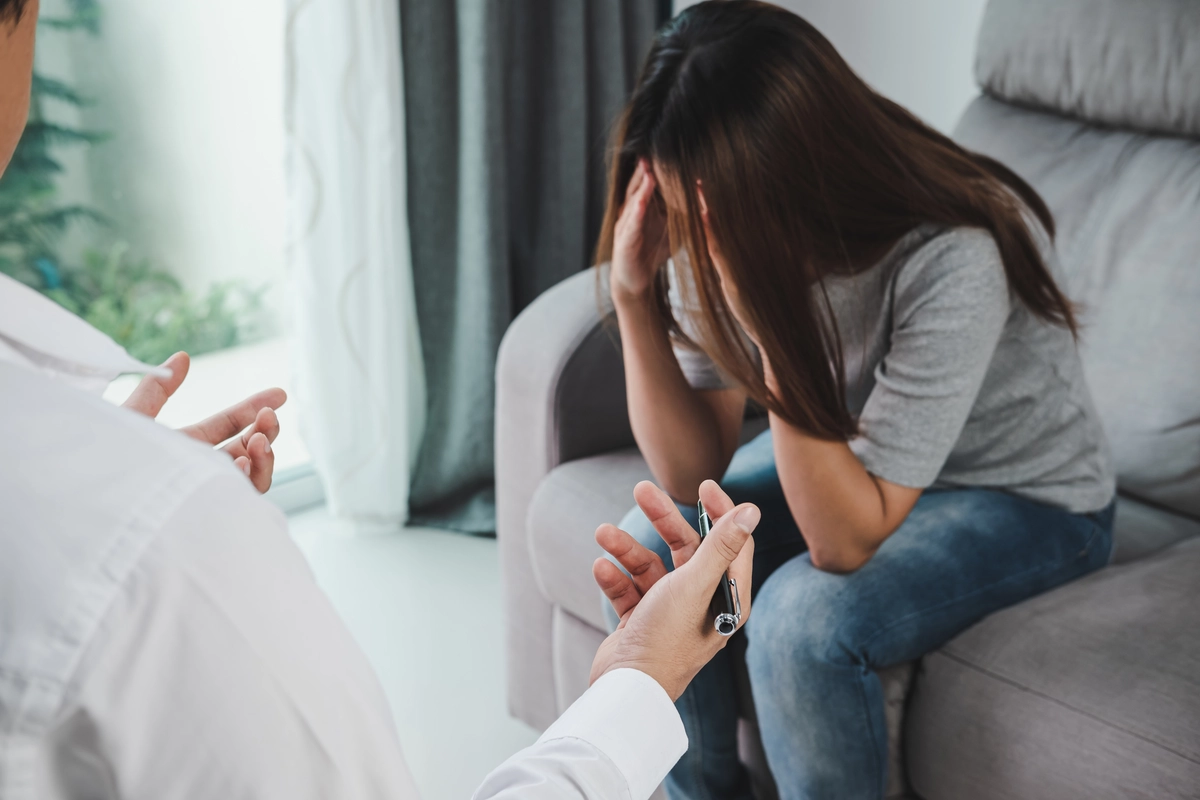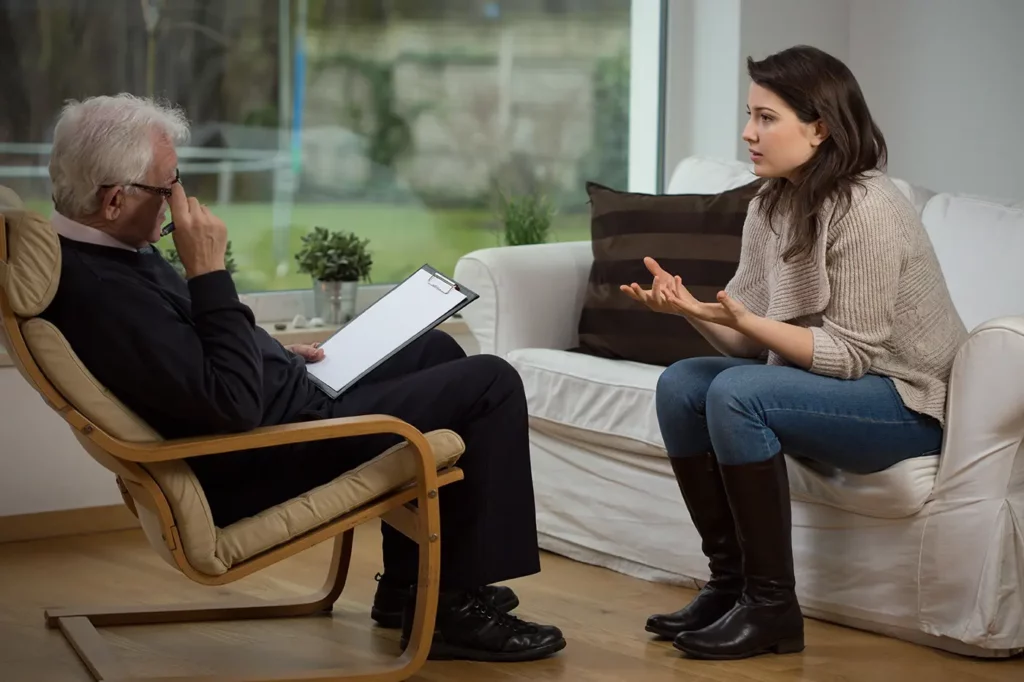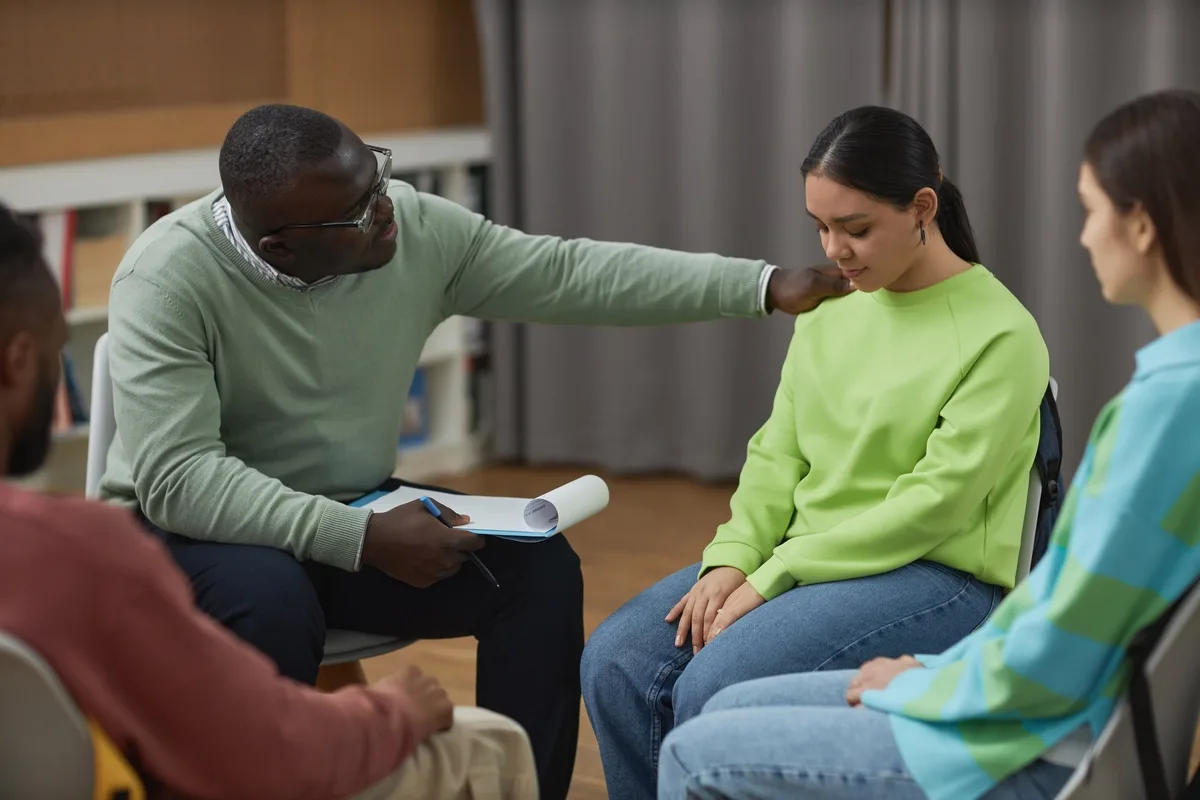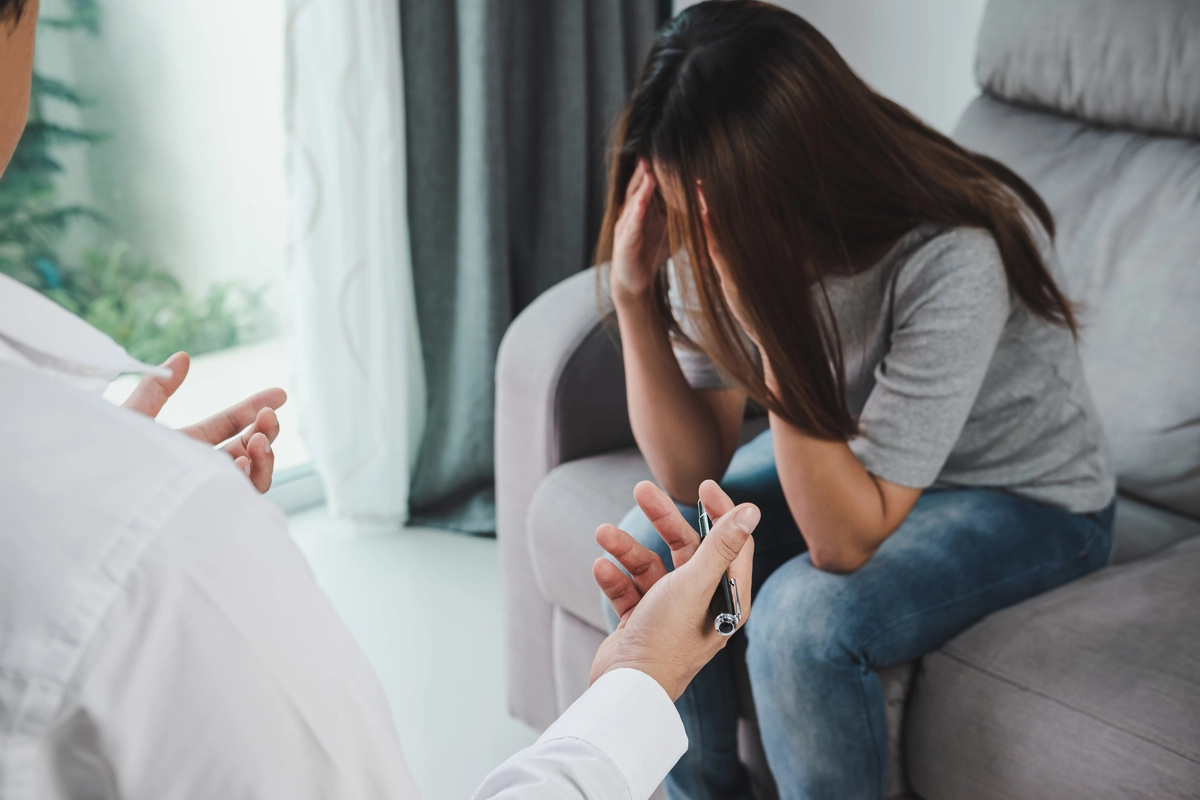24/7 Helpline:
(866) 899-111424/7 Helpline:
(866) 899-1114
Learn more about Group Therapy centers in Greentown
Group Therapy in Other Cities

Other Insurance Options

BHS | Behavioral Health Systems

Horizon Healthcare Service

Lucent

ComPsych

Evernorth

State Farm

Self-pay options

UMR

Access to Recovery (ATR) Voucher

Health Net

BlueShield

United Health Care

Multiplan

WellPoint

Ambetter

Anthem

Excellus

American Behavioral

Premera

Health Partners


The Gilead House
The Gilead House is a Non-Profit rehab center located in Indianapolis, IN. The Gilead House speciali...

Four County Counseling Center
4C Health Solutions is a dual diagnosis behavioral health treatment center located in Kokomo, IN. Wi...

First City Recovery Center
Freedom is within reach at First City Recovery Center. Based out of Kokomo, Indiana, FCRC offers a f...

Community Howard Behavioral Health Services
Community Howard Behavioral Health Services offers the complete realm of behavioral care to treat th...






























AA – Alcoholics Anonymous
AA – Alcoholics Anonymous is a private rehab located in Kokomo, Indiana. AA – Alcoholics Anonymous s...














